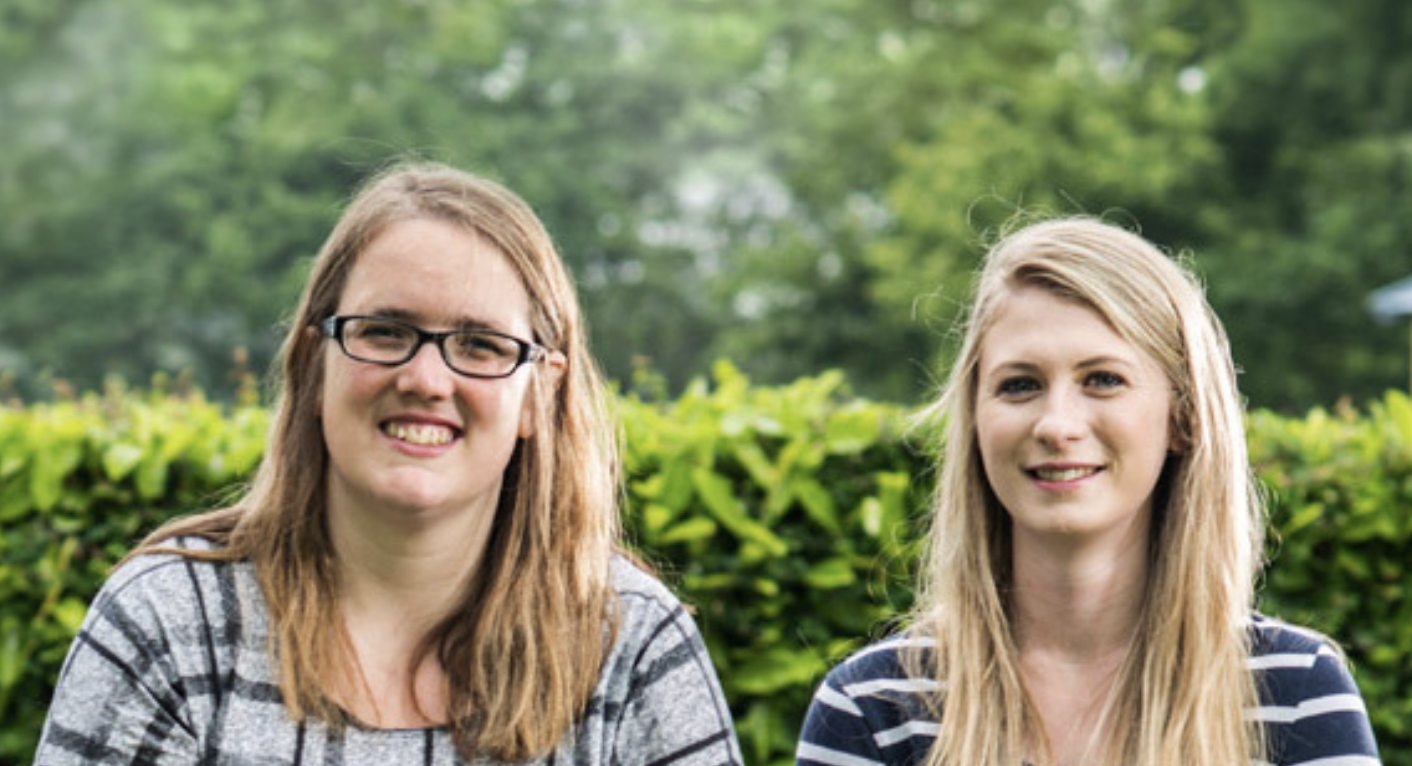Collaborating to create Real Change
By Jolanta Lasota, Chief Executive of Ambitious about Autism
Across the charity sector, collaboration has never been more important. Pressure on budgets, combined with rising demand for the services we provide, has made sharing resources and building partnerships an important part of the charity mission.
For charities that support autistic people and their families, the need to collaborate is arguably greater still. Although autism awareness is high, autism acceptance is still a long way behind and underinvestment in public services has put the support needed by many autistic people at risk.
Despite the Government’s recent autism strategies, outcomes for autistic people are not improving in some critical areas, and the local, regional and national organisations that advocate with and for autistic people need the strongest possible voice. There is also a critical opportunity in the next eighteen months to influence the next Government with policies and approaches that could unlock real change.
At these points, it is vital that we speak together, and the Autism Alliance is trying to build a strong national policy voice. The Alliance is currently working with experts by experience and charities at a national level to help shape Government policy decisions.
At Ambitious about Autism, we believe that the world needs to change radically to enable autistic children and young people to thrive and have a good quality of life. This means it’s our job to change the wider environment, and as well as influencing Government directly we’re pleased to be part of the national policy work the Autism Alliance is leading.
But collaboration goes beyond policy. Across practice, and campaigning, autism charities have a wealth of experience and ideas to share. By working together we can support a broader process of development across the sector, putting autistic people and their families at the centre of everything we do.
We like to think we are good at collaboration in the voluntary sector. However, without really considering the purpose of collaboration and our approaches, we often fail to reap the full benefits of working with others.
Firstly, collaboration means working with someone to produce something. It is something we do every day without even being aware of it. Our first job for us as leaders is to be more conscious of our collaborations and reflect on which interactions work and why.
Our next job is to make collaboration more purposeful and systematised. And that is where we often fail. We see collaboration as short-term, transactional partnerships that meet our immediate needs and rarely see them as long-term relationships that build mutual capacity and capability, not just in individual activities and organisations, but across sectors and wider environments.
Often organisational cultures are not well geared towards collaboration. People are afraid to give ground for fear of losing a competitive edge, whether commercial or in thought leadership. When under pressure, we often retrench, due to time and resource constraints, when collaboration is actually most needed at times of challenge.
At Ambitious about Autism, being ‘team players’ is a core value. That is because we understand that autistic children and young people need opportunities and support from multiple sources and our job is to open the doors to enable that to happen. Another of our core values is ‘we love learning’. We need to work with others to learn and that requires the humility to recognise that no one person or organisation holds all the ideas and solutions.
As part of our collaborative approach, Ambitious about Autism has been a long-standing member of the Autism Alliance and I’m delighted to have been the Chair of the Alliance since 2022. The Autism Alliance gives us a great opportunity to share knowledge, build the sector’s capability and influence policy and practice across the UK. The autism charity sector is facing a changing and challenging environment and it’s essential that we collaborate to create real change with and for autistic people.

